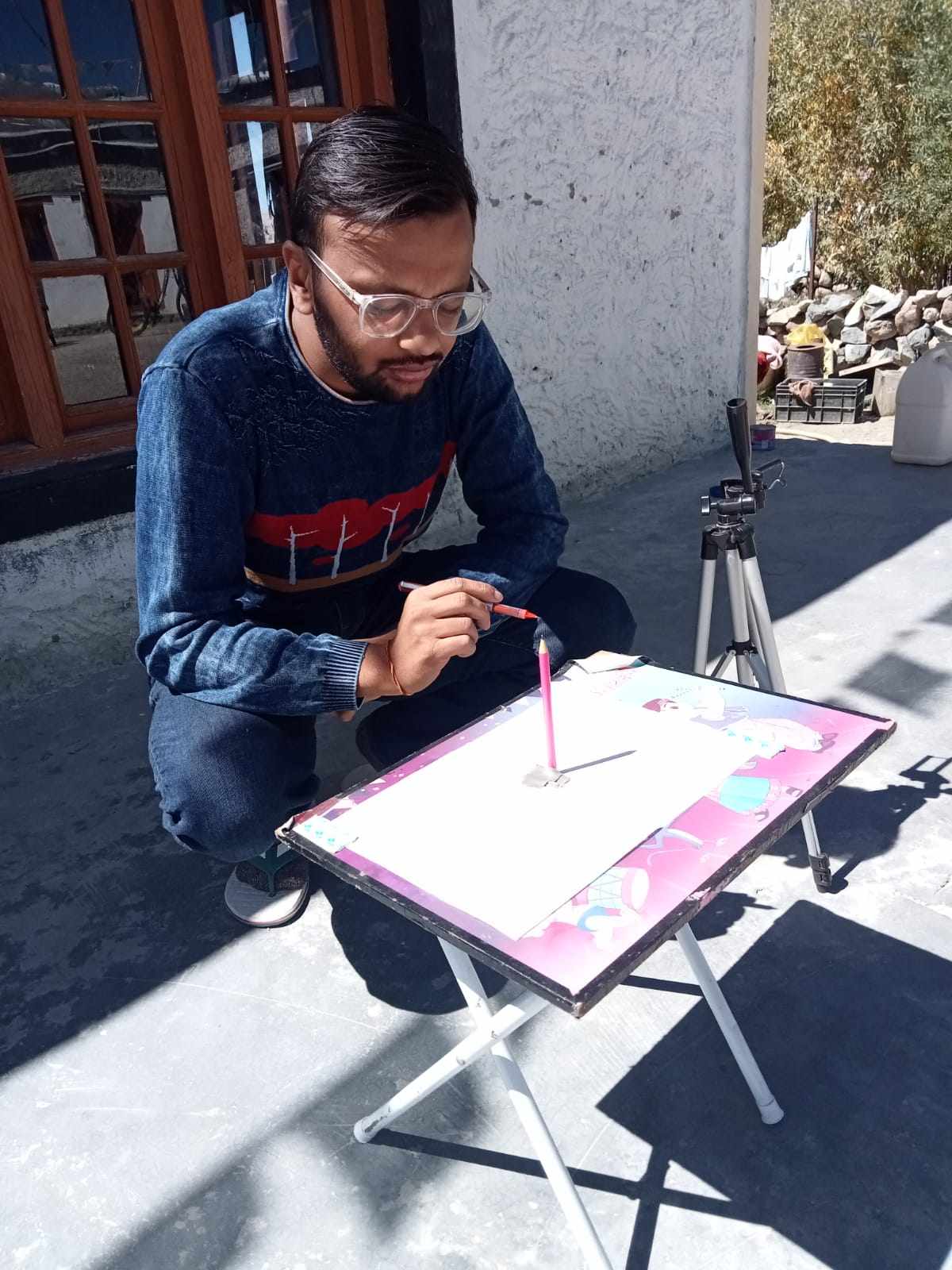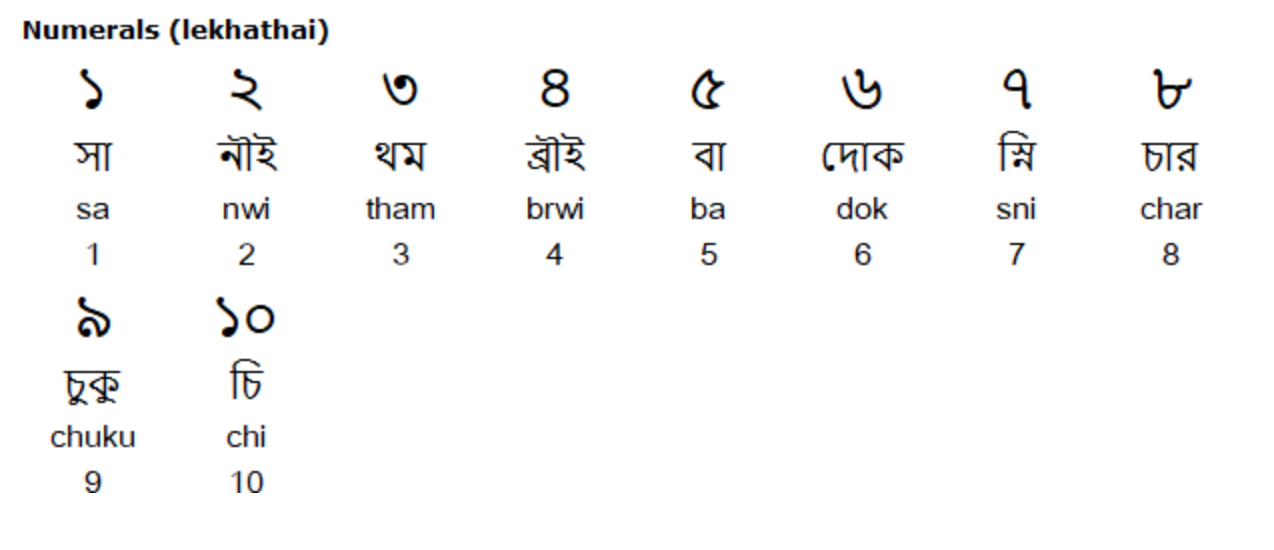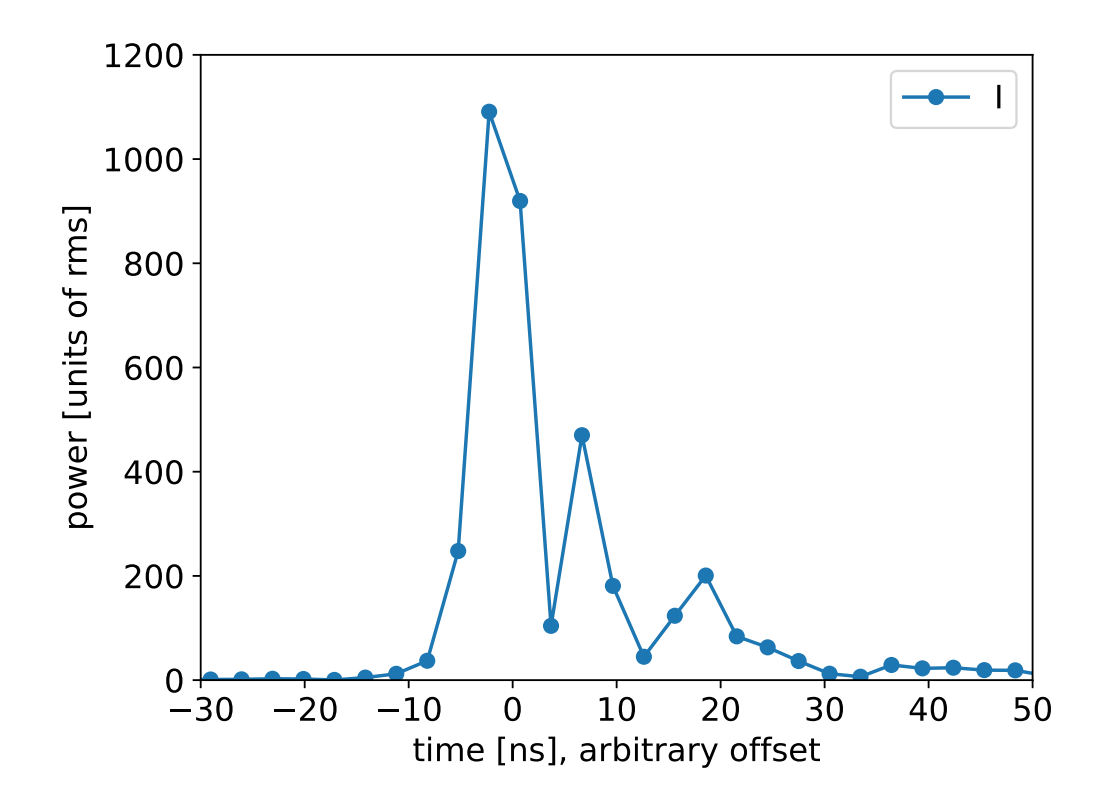(The first instalment of this article is here: https://deathendsfun.stck.me/post/470298/Next-door-to-God-1)
Next door to God
(Instalment #2)
Sometime that afternoon, out on an errand, I ran into Suchismitaa at the corner shop. We had had a short chat early that morning, of course, but after that I had lost her in the crowd. Now she was on the phone to someone. When she saw me, she muttered a quick “I’ll call you back!” and disconnected. Right then, right there on the street in full view of dozens of passersby and taxi-drivers and corner shop owners and clientele and passengers in a bright red bus that honked past — Suchismitaa flung herself at me, her arms wrapping around my neck to hug me close.
“I’m so excited!” she said after releasing me, trembling and hopping from foot to foot. “He invited me INSIDE! He used my NAME! He took this selfie” — she broke off to show me — “and then he said we should take ANOTHER!” — she showed me that one too.
She gushed on, about the sweetness of the man and “Anjali ma’am” — Sachin’s wife. About how a dream she had nursed since she was a little girl had finally come true. About how this was the best day of her life. I listened, I smiled, but I was also thinking: in our still-restrained, often-prudish culture, what does it take for a grown young woman to hug a perfect stranger, a male perfect stranger, in public?
Meeting Sachin Tendulkar, that’s what it takes.
“I come here all the time,” she said. “Whenever I’m depressed, I just come here and think of him. Eventually I hear his voice — you know his squeaky voice, right? — saying something to me and I feel better.”
She first heard his voice like that in 1997, as a 11 year-old schoolgirl in the sixth grade, riding on the back of a cycle-rickshaw in a Delhi suburb. In front were her impassive parents, taking her home after meeting her schoolteachers and, she remembers, hearing plenty of “complaints” about her. Terrified of the scolding she was sure would come at home, tears flooded her eyes.
But suddenly, “I heard that squeaky voice in my brain.” Sachin, or his presence in her consciousness, told her, and she swore this was verbatim: “There are always failures, you just have to work through them.” That little mantra calmed her down. She didn’t say what happened when they got home that day, but ever since, she has been “relying on him”. When she feels low, when things look bleak, she asks herself what Sachin would have done. That sets more motivational mantras — in his voice, always — coursing through her mind, and she immediately feels better.
So when she moved to Bombay, it was only natural that she began coming regularly to his house — “anytime I’m depressed, or even for no reason.” She sits on the edge of the flower-bed and looks up at his home, content with that much even if she doesn’t actually see him, content in knowing that she will see him at some point, content that she hears his voice from time to time.
In her mind, she tells me, he is actually “synonymous” with her. Others see it another way: “My friends call me his Mirabai,” she said — the 16th Century mystic, famous for her devotion to Krishna, the astute and playful flute-playing God.
Mirabai’s lyrics leave no doubt about how she saw Krishna:
“My lover’s gone off to some foreign country.
Sopping wet at our doorway, I watch the clouds rupture.
Mira says, nothing can harm him;
This passion has yet to be slaked.”
If Suchismitaa doesn’t (yet) compose lines like that to Sachin, she speaks guilelessly and unabashedly of him in terms Mirabai might well have used — that he is a “holy soul” and she has a “divine love” for him. Consider her Facebook caption for the shot she took of their hands meeting that morning:
“When The DIVINE Touches you and you get to freeze the memory forever...! #FeelingBlessed #MomentToCherishForLifetime.”
And yet Suchismitaa is airily dismissive of those who say he's their God. "So stupid," she says. "He's just a man! How can you call him God?"
Be that as it may, she does have one great leg up on Mirabai: she has actually met the object of her love. So in that sense, perhaps Mirabai is not really the apt parallel. In those selfies she showed me, in their juxtaposed faces and her bright red lipstick, is a hint of the spirit in a million portraits you’ll find all over India: Suchismitaa as Radha, Krishna’s mythical lover.
***
That same birthday morning, Ajit, a twenty-something Accenture employee who was about to quit his job to embark on a MBA in Gurgaon, was also waiting on the street to see Sachin. He was leaning against a tree by himself, somehow not engulfed in the crowd, so it was easy to strike up a conversation. Why was he here and what did Sachin meant to him, I asked.
“It all started when we won the 2011 World Cup”, he said.
For an Indian cricket fan, that was a moment to match the claim so often made of JFK’s assassination. Ask one where she was at the moment MS Dhoni hit the ball out of Bombay’s Wankhede stadium to score the final six runs and bring the Cup home, and she will tell you. (For the record, I was seated in a large cane chair on the upper floor of a beach hotel south of Bombay). India had won the Cup before, in England in 1983. But that was a generation removed and a whole continent away, and that final unfolded in sepia tones that seeped from radios and the next day’s newspaper reports. In 2011, Dhoni wore not the traditional cricket whites which World Cuppers sported in 1983, but the Indian team’s vivid blues. He struck that last monstrous blow not just at the Wankhede, but on Twitter and Facebook and TV screens across this land and overseas.
Ajit was in his college hostel in Pune that night, watching the match with his mates. India’s triumph set off a devotion to this one man that he freely and gladly owns. On his blog later, he gave eloquent voice to his passion:
“[That night] I was turned from a fan to a devotee and Sachin Tendulkar was turned from a Idol to the God for me. When I saw Indian Cricket Team giving him lap of honor, then and there only I had decided that I wouldn’t breath [sic] my last breath till I touch feet of this gentleman. … [This] is the saga of ingenious nexus between the God and his devotee. … I see godly characteristics in [Sachin’s] personality and I worship the man for those exceptional qualities he has. I see god in him for the goodness and happiness he’s been spreading in the society. He is the perfect example of philosophy quoted by Sant Gadge Baba: ‘God doesn’t reside in the stones. He is inside the human being.’”
Just three weeks after that Cup triumph was his God’s birthday. Ajit celebrated it in his room with his mates. A photo he showed me from that party is like every college kid’s shots of his buddies — all long skinny arms and beatific young faces, somehow managing to look scruffy, happy and earnest all at the same time. Two years later, he won a promotional contest whose prize was a meeting with Sachin. He thought long and hard about a present to suit the occasion. A wall mural of Ganesha, the beloved elephant-headed God, was his choice. One God for another.
Every year after that, Ajit has come to Sachin’s home bearing birthday gifts. Once, he brought a scrapbook with pictures from celebrations past. Sachin said he would “open it later”. Another time, he brought a framed picture of Sachin and family. Every year, he brings a cake inscribed to “Sachin Sir”. Every year, he manages a picture with his God: Sachin in his car, Sachin in a mustard-yellow shirt.
And then there was the year that Ajit woke at 445am and got here at 6. He had bought his cake the night before — white icing, brown caramel highlights around the edges and “SRT” in the centre in creamy pink. He was early, but he was hardly the first to arrive. A certain young woman in a blue and white dress and fire-engine red lipstick had already spent six hours at the spot, seeing off fireworks jockeys and an accusing cop.
***
In India, devotion like this is hardly unusual. Never mind if other cricketers don’t inspire it on the scale Sachin does - you can take a ten-minute walk from his home through the nearby fishing village to where the Bollywood action hero Salman Khan lives. You’ll recognize the spot by the knot of fans that’s always there. Many carry framed photographs or sketches of him. Others stand around, their breasts swelling with dreamy-eyed hope that Khan will appear on his first-floor balcony and wave to them. Which he regularly does, though I’ve not been fortunate enough to be there at the time. Amitabh Bachchan, a generation older, inspires similar hope too, outside his home.
Elsewhere, it can go beyond just vigils outside homes. When the Kannada film superstar Rajkumar died in 2006, stone-throwing mobs in Bangalore attacked cars, shops and even theatres that were showing films in languages other than Kannada. They were stricken with grief, we were told.
Elsewhere, it can go beyond just stone-throwing. When the Tamil film-superstar-turned-politician Jayalalithaa died in 2016, 203 people immolated themselves. Say that slowly: two ... hundred ... and ... three. Just the shock of her death killed another 77. Jayalalithaa’s party, the All India Anna Dravida Munnetra Kazhagam, actually announced compensation of Rs 300,000 for each of the families of those who set themselves alight.
Still elsewhere, grainy videos document the screaming fervour the Beatles commanded. Or consider the public adoration for men like Rafa Nadal and Michael Jordan, and plenty has been written about what the greatest cricketer of them all, Don Bradman, meant to his Australia. There’s really no limit to the reverence fans have for their particular heroes.
Though if my writing here shows any signs of superciliousness about all this, my wife will remind me: some years ago, I drove several kilometers through Johannesburg to gaze up at the home of Nelson Mandela. Hero to me no less than Sachin is hero to Ajit and Suchismitaa.
Yet there is a difference, given this talk of God and divine love. Or is there? In his book Tides of War, Steven Pressfield tells the story of the remarkable Alcibiades, forever larger than life, hated and adored in equal measure across ancient Greece. When he mentions Alcibiades's lisp, Pressfield says that it “worked in [his] favour. It was a flaw; it made him human. It took the curse off his otherwise god-like self-presentation and made one, despite all misgivings, like the fellow.”
For Jayalalithaa and Mandela and Sachin, is it a curse as well? Ajit and Suchismitaa and a couple of hundred self-immolators and yes, me - do we ever see it that way?
***
Ajit doesn’t really know Suchismitaa, but now they greet each other, remembering Sachin birthdays past. After he arrived with his cake at 6am, Ajit spent some seven hours on the street, waiting to meet Sachin. But Suchismitaa spent nearly fourteen, not that she was complaining as she and Ajit chatted. “True Love is always WORTH THE WAIT!”, she announced later on Facebook.
When the gates finally opened and the barricades were positioned, Ajit too joined the crush. He too was invited inside, by Anjali. Someone put his cake on a table. With several voices rendering an enthusiastic but strangely out-of-tune and out-of-kilter “Happy Birthday”, Ajit holds Sachin’s wrist as he carefully cuts a slice. Ajit scoops it up and feeds it to Sachin. Sachin breaks off a piece and feeds it to Ajit. Sachin looks around. Someone scurries over from behind and hands him a napkin to wipe his hands. Ajit looks around. He swallows the rest of the slice.
Cameras also recorded the moment, and Sachin tweeted a clip, which is how I know what went down. Given the millions of fans who follow Sachin on social media, it’s safe to say Ajit had his 15 minutes of fame, give or take a few, right there.
And when we spoke later, Ajit gave me the executive summary of it all. He didn’t leap to give me a hug, but he was every bit as affected by the experience as Suchismitaa was. Days afterward, I could still hear the wonder in his voice. “It was surreal,” he said. “This was a Bharat Ratna” — India’s highest civilian award, presented to Sachin in 2013 — “actually speaking to me! Feeding me cake!”
At her urging, Suchismitaa’s colleague Abhijeet accompanied her that day, spending the same long hours there. When Suchismitaa went inside, Abhijeet went with her. Suchismitaa had brought only flowers, so she did no cake-cutting. But after handing over the bouquet, there were those two selfies. Then Abhijeet suggested they take one of the both of them with Sachin. To his bemusement, Suchismitaa flatly refused. She had come too far and worked too hard to get to this place with Sachin: not even in a selfie, not even with this friend, was she going to share the moment.
“Fans like us,” she explained to me, “well, there are still some left in this world.” Bemused he was, but Abhijeet quickly understood just what this meant to her. He stayed on the right side of her phone.
But if inadvertently, someone else did not. Look, in her selfie, past her fire-engine lipstick and raised eyebrows, look beyond Sachin in his pinstriped flowery shirt, look all the way to the back of the frame, and just visible there over Sachin’s right shoulder, wearing his neat beard and a grey-green tee with a tiger’s head on it, is Ajit.
Suchismitaa and Ajit and no doubt plenty more: selfied and Facebooked and Instagrammed forever, for the whole world to see. Centuries ago, Mirabai said it well:
“Don’t forget love;
It will bring all the madness you need
To unfurl yourself across the universe.”
















Write a comment ...